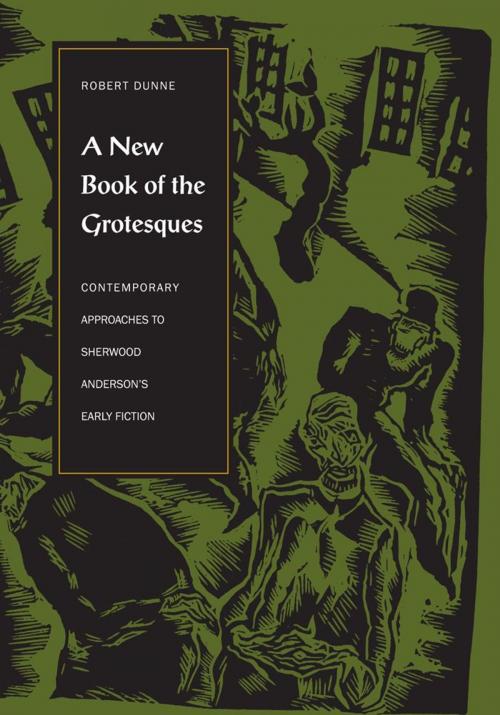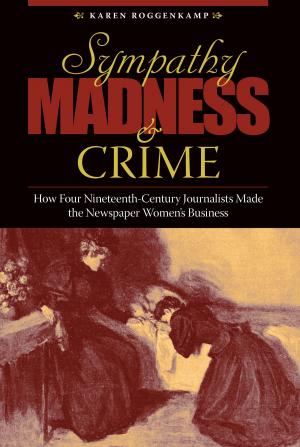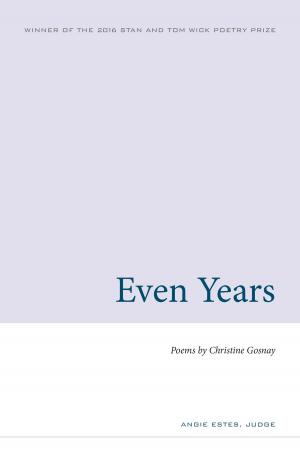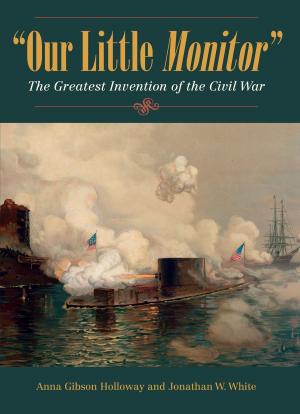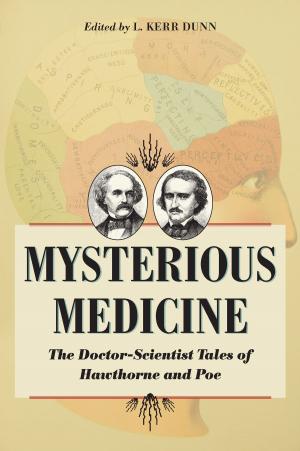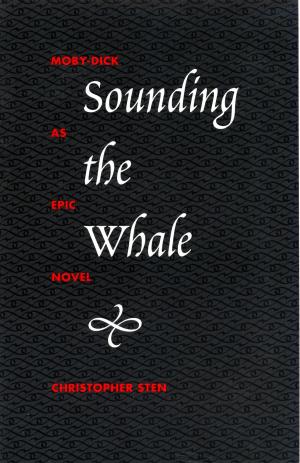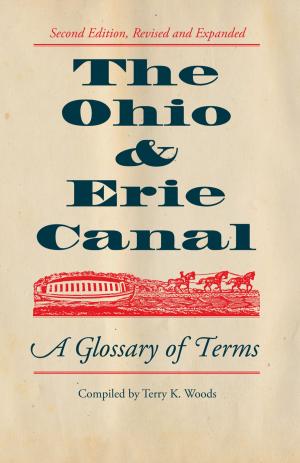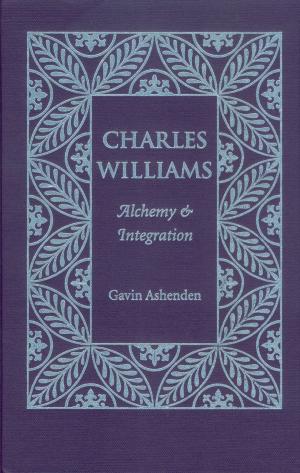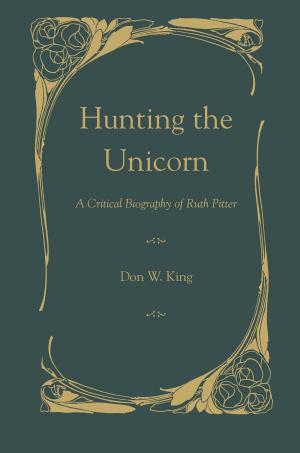A New Book of the Grotesques
Contemporary Approaches to Sherwood Anderson's Early Fiction
Fiction & Literature, Anthologies| Author: | Robert Dunne | ISBN: | 9781612774268 |
| Publisher: | The Kent State University Press | Publication: | May 1, 2000 |
| Imprint: | The Kent State University Press | Language: | English |
| Author: | Robert Dunne |
| ISBN: | 9781612774268 |
| Publisher: | The Kent State University Press |
| Publication: | May 1, 2000 |
| Imprint: | The Kent State University Press |
| Language: | English |
The first extensive treatment of Sherwood Anderson's work from a postmodern perspective
Sherwood Anderson, remembered chiefly as a writer of short stories about life in the Midwest at the turn of the century, was acknowledged as an innovator of the short story form and a major influence on such writers as Ernest Hemingway and William Faulkner. Valuable critical studies have examined his works from biographical, New Critical, or psychoanalytical approaches, but contemporary criticism on Anderson has been nearly nonexistent.
A New Book of the Grotesques (the title is adapted from the first tale in Winesburg, Ohio) does not challenge previous studies of Anderson as much as it looks at Anderson’s early fiction from contemporary interpretative methodologies, particularly from poststructuralist approaches. With this study, author Robert Dunne breaks new ground in Sherwood Anderson scholarship: his is the first sustained, full-length critical work on Anderson from a postmodern theoretical perspective and is the first study of a substantial body of Anderson’s work to be published in more than thirty years.
A New Book of the Grotesques is an important critical study that adds significantly to the field and to the understanding of Sherwood Anderson’s fiction and the modernist period.
The first extensive treatment of Sherwood Anderson's work from a postmodern perspective
Sherwood Anderson, remembered chiefly as a writer of short stories about life in the Midwest at the turn of the century, was acknowledged as an innovator of the short story form and a major influence on such writers as Ernest Hemingway and William Faulkner. Valuable critical studies have examined his works from biographical, New Critical, or psychoanalytical approaches, but contemporary criticism on Anderson has been nearly nonexistent.
A New Book of the Grotesques (the title is adapted from the first tale in Winesburg, Ohio) does not challenge previous studies of Anderson as much as it looks at Anderson’s early fiction from contemporary interpretative methodologies, particularly from poststructuralist approaches. With this study, author Robert Dunne breaks new ground in Sherwood Anderson scholarship: his is the first sustained, full-length critical work on Anderson from a postmodern theoretical perspective and is the first study of a substantial body of Anderson’s work to be published in more than thirty years.
A New Book of the Grotesques is an important critical study that adds significantly to the field and to the understanding of Sherwood Anderson’s fiction and the modernist period.
